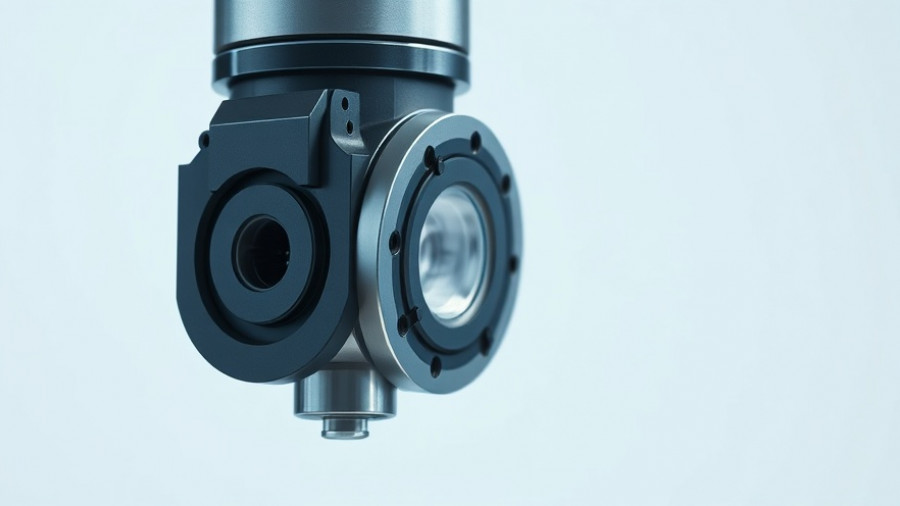
Redefining Automotive Production: The Future Is Now
The automotive industry stands on the brink of a revolution, driven by innovative technologies that promise to enhance manufacturing efficiency and sustainability. The latest advancements such as Prima Power's Giga Laser Next are redefining automation in automotive production. This cutting-edge 3D laser cutting system is designed to meet the increasing demands of high-volume manufacturing, providing unprecedented efficiency and quality through the use of four synchronized laser heads.
Automation at the Heart of the Industry
With the automotive sector facing unprecedented challenges, including labor shortages and market volatility, automation has become essential for maintaining competitiveness. Industry leaders are turning to fully automated solutions to streamline workflows, enhance productivity, and meet the rising consumer demand, especially in electric vehicle (EV) production. As highlighted in recent articles, the integration of artificial intelligence (AI) and robotic technologies are critical in reshaping production lines, enabling manufacturers to adapt quickly to changing demands.
Progress in Precision: Advanced Technologies on the Rise
Technological advancements are vital in improving efficiency and ensuring quality in automotive manufacturing. The TAG90 center-through-coolant angle head from BIG DAISHOWA exemplifies this trend, facilitating more effective chip evacuation and improving overall machining accuracy. This innovation, combined with high-pressure coolant systems, enhances the ability to work with complex materials—a necessity as manufacturers seek to create more efficient and resilient vehicles.
Streamlined Operations with Smart Software
Notably, software plays a pivotal role in further automating the manufacturing process. Solutions like Autodesk Fusion provide manufacturers with the tools needed to design, test, and fabricate within a single platform, enriching collaboration and enabling greater flexibility. This seamless integration frees up valuable time and resources, allowing teams to focus on continuous improvement and innovation.
The Broader Context: Environmental Impacts and Future Trends
As the automotive industry transitions towards more sustainable practices, the importance of automation cannot be overstated. Automation not only boosts efficiency but also minimizes waste—a crucial factor in responding to growing environmental concerns. The drive towards electric and hybrid vehicles requires manufacturers to rethink traditional production models, adopting strategies that prioritize both speed and sustainability.
Conclusion: Embracing Innovation for a Greener Future
The future of automotive production is undeniably linked to the ongoing advancements in automation and technology. Companies that embrace these innovations, from robotics to AI-driven quality control, will not only improve their operational metrics but also contribute to a more sustainable manufacturing landscape. As we witness these transformative changes, the call for continuous adaptation and strategic investment in automation will be vital for businesses aiming to thrive in an increasingly competitive environment. Staying ahead in this rapidly evolving market aligns with global trends emphasizing innovation as a cornerstone of success.
 Add Row
Add Row  Add
Add 




Write A Comment